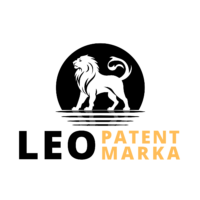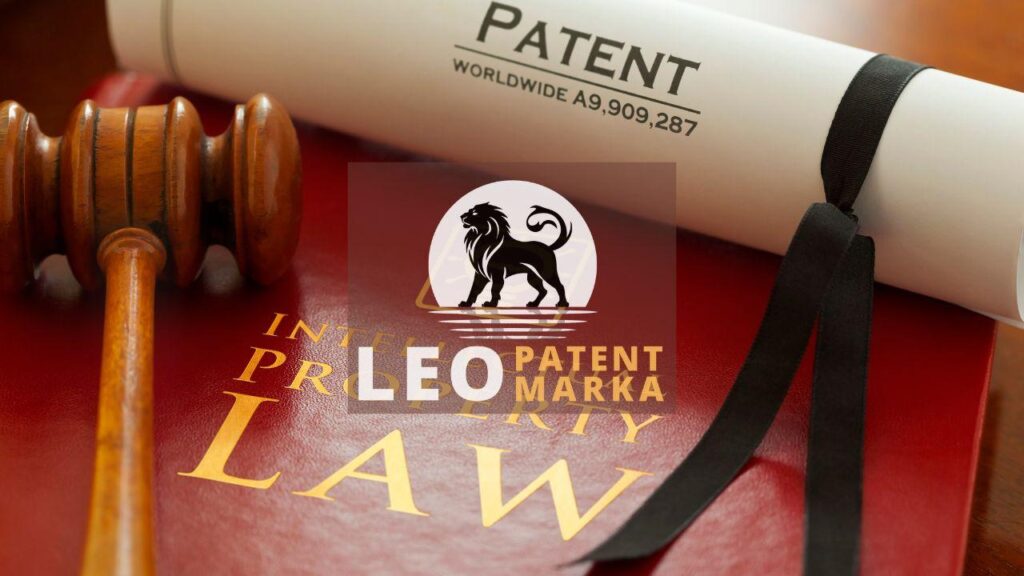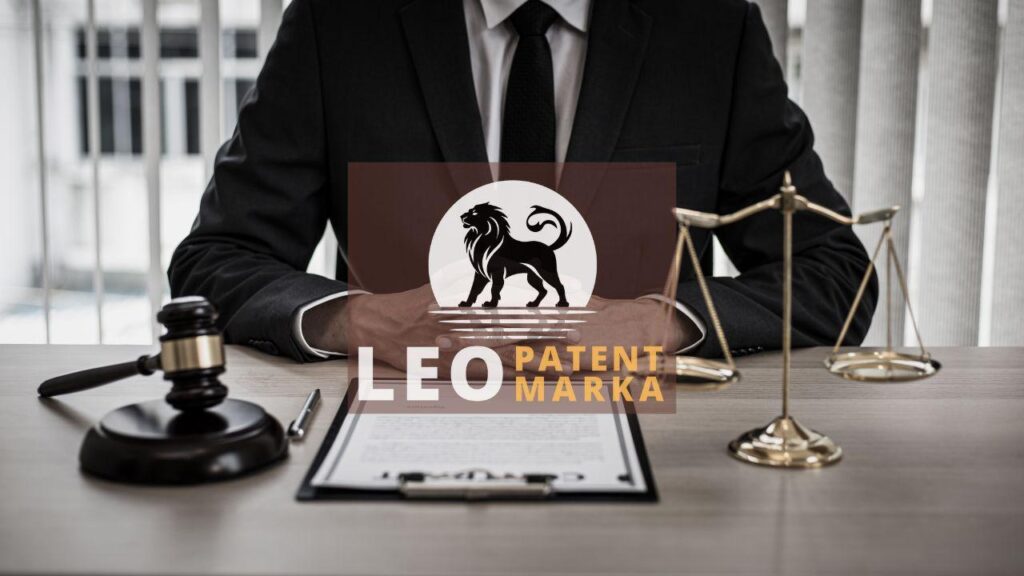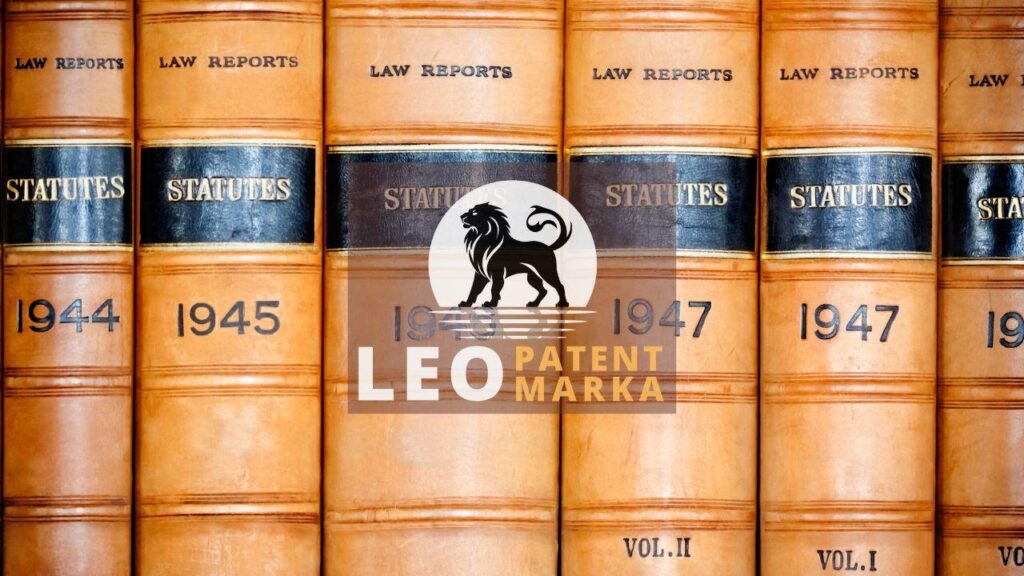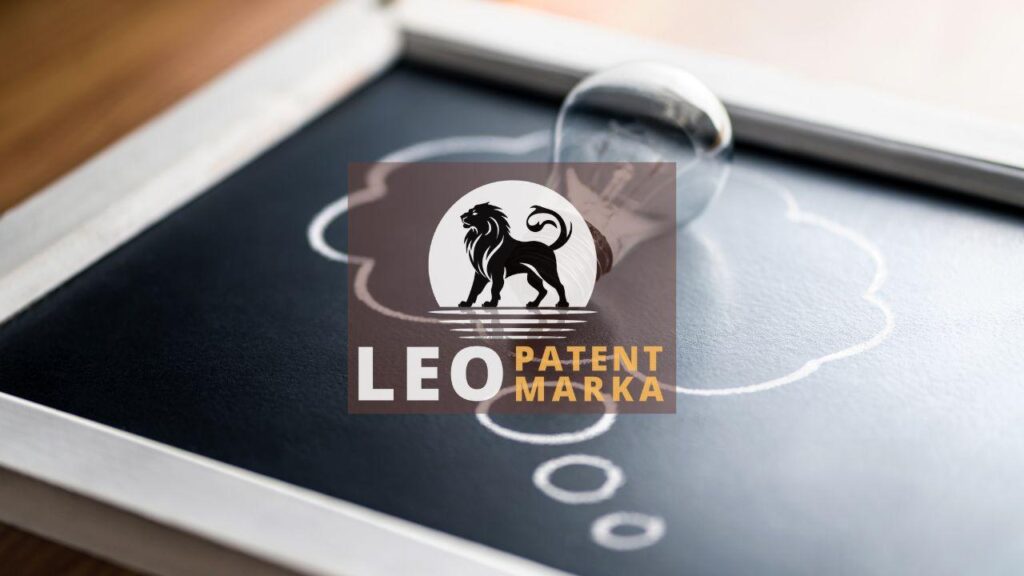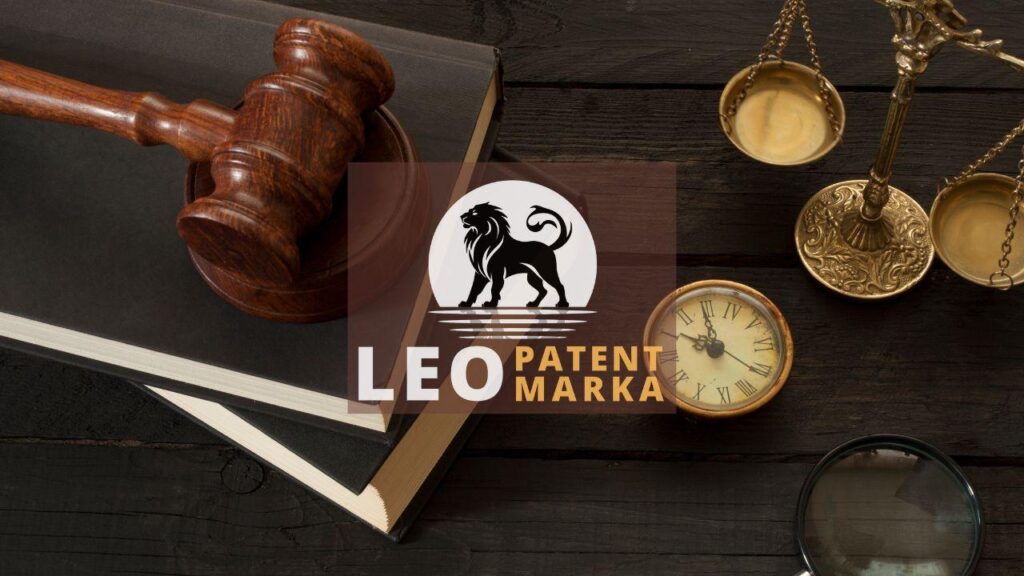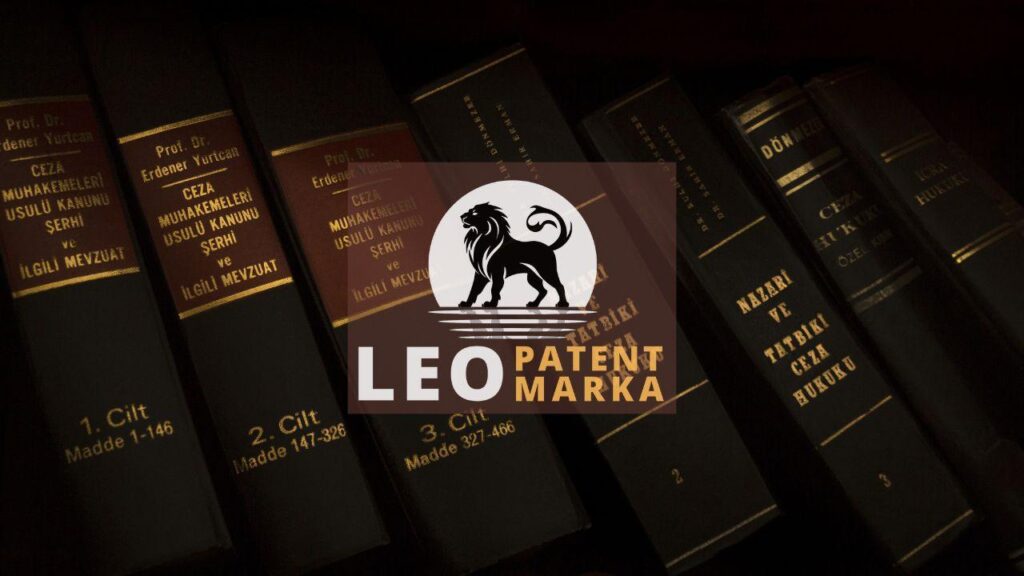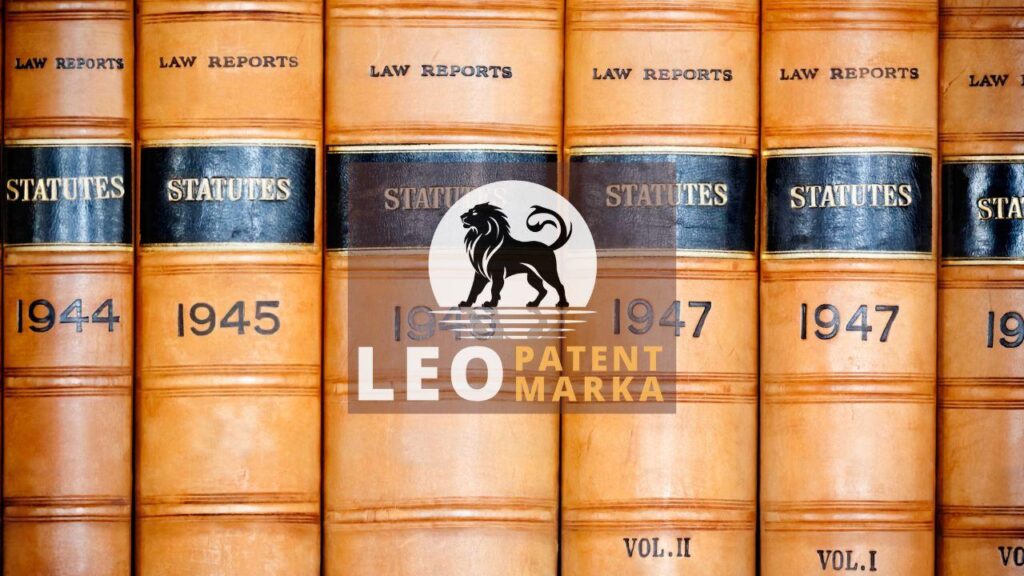In the intricate world of intellectual property, identifying signs that can be registered as trademarks is a vital step in protecting your brand and ensuring its uniqueness in the marketplace. At Leo Patent, we understand the nuances of trademark registration in Turkey, where distinctiveness and clarity play crucial roles in the approval process. Whether it’s a logo, a slogan, or a unique combination of words and designs, knowing what qualifies for trademark protection can save your business from potential legal disputes and enhance its market presence. In this blog post, we will explore the various types of signs that can be registered as trademarks under Turkish law, providing you with the essential knowledge to safeguard your brand effectively.
Understanding the Criteria for Trademark Registrability in Turkey
To qualify for trademark registration in Turkey, a sign must meet specific criteria outlined in the Turkish Industrial Property Code (IPC). Firstly, the trademark must possess distinctiveness, meaning it should clearly distinguish the goods or services of one enterprise from those of another. Trademarks that are generic, descriptive, or commonplace phrases without any distinctive character may face rejection. Additionally, the sign must not be deceptive or misleading, nor should it be contrary to public order or morality. Furthermore, the trademark should not conflict with prior registered trademarks or well-known marks, which could lead to objections or disputes. At Leo Patent, we emphasize the importance of conducting thorough searches and evaluations to ensure that your proposed trademark complies with these legal requirements, ultimately facilitating a smoother registration process.
Another essential criterion is the graphical representation of the trademark, which must be clear, precise, self-contained, easily accessible, and understood. This requirement ensures that the trademark can be accurately recorded in the registry and that third parties can understand the scope of the trademark protection. Additionally, marks that consist of shapes resulting from the nature of the goods, necessary to obtain a technical result, or which give substantial value to the goods, are generally not registrable. This is to prevent monopolization of functional and aesthetically appealing designs that could hinder competition. At Leo Patent, we guide our clients in creating and refining their trademarks to meet these graphical requirements and avoid rejection, helping to secure robust and enforceable trademark protection in Turkey.
Beyond the fundamental criteria of distinctiveness and graphical representation, trademark applicants must also consider additional factors that may influence registrability. Specifically, it’s crucial to be aware of the potential for similarity with existing trademarks, as both visual and phonetic likenesses can result in opposition or legal complications. Comprehensive searches and clear delineation from existing marks are vital steps in this process. Furthermore, trademarks incorporating geographical indicators, flags, emblems, or other state symbols, as well as those suggesting official endorsements, are typically barred from registration to prevent public deception and preserve the integrity of official signs. At Leo Patent, we assist clients in navigating these nuanced considerations, offering expert advice to overcome these obstacles and ensure that your trademark application stands the best chance of approval in Turkey.
Essential Characteristics of Registerable Signs Under Turkish Law
Under Turkish law, for a sign to be eligible for trademark registration, it must fulfill several essential characteristics. Primarily, the sign must be distinctive, meaning it should be capable of distinguishing the goods or services of one enterprise from those of others. This distinctiveness can be inherent or acquired through extensive use. Additionally, the sign must be capable of being represented graphically, ensuring clarity in the trademark registry. Common examples include words, shapes, colors, and even sounds, provided they meet these criteria. The sign also should not be deceptive, contrary to public order or morality, or include protected emblems like flags or coats of arms. Leo Patent specializes in navigating these nuanced requirements, ensuring that your trademark application stands the best chance of approval under Turkish intellectual property law.
Furthermore, Turkish trademark law specifies that signs lacking distinctive character, consisting exclusively of descriptive marks, or those that have become customary in the current language or established practices of the trade, do not qualify for protection. For instance, a word that solely describes the type, quality, quantity, intended purpose, value, or geographical origin of the goods or services would generally not be deemed registrable. This rule ensures that generic terms remain free for all to use within the industry, preventing monopolization of common language. At Leo Patent, we help you assess and refine your trademarks to avoid these pitfalls, thereby enhancing your brand’s distinctiveness and eligibility for registration.
While clarity and distinctiveness are paramount, it is also crucial to ensure that the sign does not conflict with existing trademarks. Conducting a thorough trademark search is an essential step in this process, as it allows you to identify any potential conflicts that could arise during the registration procedure. At Leo Patent, we offer comprehensive trademark search services to help you navigate this complex landscape. By identifying pre-existing similar marks, we can advise on modifications or entirely new designs to enhance the likelihood of successful registration. With our expertise, you can confidently move forward, knowing that your trademark is both unique and compliant with Turkish intellectual property laws, thereby solidifying your brand’s legal protection and market position.
Navigating the Legal Framework for Trademark Protection
Under Turkish law, the legal framework for trademark protection is grounded in the Industrial Property Law, which defines what constitutes a registrable trademark. This includes any sign capable of being represented graphically, such as words, personal names, letters, numerals, colors, images, or any combination thereof. For a sign to be eligible for registration, it must possess distinctiveness, enabling consumers to easily differentiate it from other products or services in the market. At Leo Patent, we guide you through this intricate legal landscape, ensuring that your trademark not only meets the necessary statutory requirements but also stands strong against potential challenges and oppositions.
Additionally, it is crucial to understand that certain signs are explicitly excluded from trademark registration under Turkish law. These include signs that lack distinctiveness, are deceptive, or are contrary to public order and morality. Generic terms that merely describe the nature, quality, quantity, or geographical origin of the product or service are also non-registrable. Furthermore, signs that conflict with earlier registered trademarks or well-known marks, as well as those that mislead the public, particularly regarding the nature or quality of the goods or services, will face rejection. Leo Patent’s expertise ensures that we navigate these exclusions effectively, enhancing the likelihood of a smooth and successful registration process for your trademark.
To maximize your trademark’s protection and minimize legal risks, it’s important to conduct a comprehensive trademark search before proceeding with a registration application. This search helps to identify any pre-existing trademarks that could pose conflicts or lead to possible infringement claims. At Leo Patent, we offer thorough trademark search services, scrutinizing both the national and international databases to ensure your proposed trademark is unique and free from legal hurdles. By taking this proactive step, you can confidently move forward in the registration process, knowing that your trademark has a solid foundation. Moreover, we remain by your side through every stage of the application, from initial submission to potential appeals, providing expert advice and representation aimed at safeguarding your brand’s identity in the competitive Turkish market.
Disclaimer: This article is for general information purposes only and it is recommended that you consult experts and companies in that field to evaluate your specific situation. We are not responsible for any damage that may arise from the use of the information in this article.
